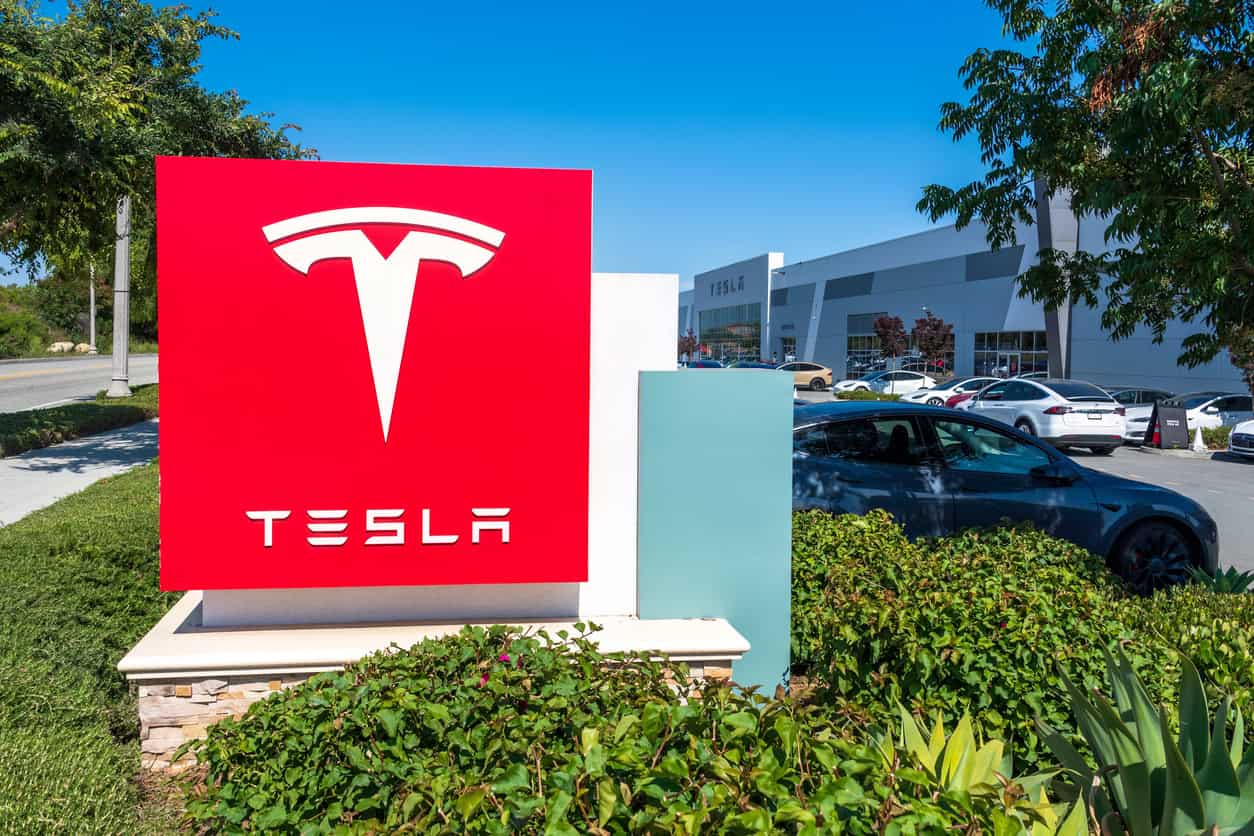
iStock.com/baileystock
Tesla Profits Continue To Shrink
July 24, 2024
Elon Musk’s Tesla has been on a roller coaster ride over the last few years — and in more ways than one. Although the ride most likely won’t end anytime soon, it will not be the only ride in town. After enjoying an unchallenged run of EVs, the electrical vehicle (EV) market has grown, with Chinese automaker BYD, which offers vehicles like the affordable Seagull hatchback priced below $10,000, emerging as a formidable force in the global EV market.
Its rapid growth, supported by strong backing including Warren Buffett’s investment, has positioned BYD ahead of Tesla as the largest EV producer since the end of 2023. This success has raised concerns among global automakers and policymakers about the potential disruption and dominance of Chinese manufacturers in key markets like the U.S., prompting discussions about trade barriers and the future of the automotive industry.
Partially due to this increased competition, Tesla has seen a drop in profits, with Q2 profits dropping by 40% year-over-year, according to CNN. Specifically, Tesla announced an adjusted quarterly income of $1.8 billion, equating to 52 cents per share. The announcement of this profit plunge led to shares falling by around 12% for Tesla on Wednesday morning.
This significant drop is not the only sign of misfortune for the company. When examining things more closely, the “April through June period was the second straight quarter of year-over-year sales declines for the company, its first-ever consecutive quarters of declining sales volume,” per CNN. The only other quarter when Tesla experienced a sales decline since going public was at the start of the pandemic when factory closures were mandated by stay-at-home orders.
Tesla, responding to a sharp revenue decline in the first quarter of this year, has accelerated plans to introduce more affordable electric EVs. Initially scheduled for production in late 2024, these new Tesla models will now be launched sooner and integrated into existing manufacturing lines to optimize efficiency and profitability.
The move aims to counteract its significant 9% drop in revenue and vehicle deliveries in Q1, exacerbated by tough global EV sales conditions and heightened competition. Musk acknowledged industry challenges, attributing them partly to consumer preference shifts toward hybrid vehicles. Tesla’s strategy includes slashing prices globally and preparing for future models priced at $25,000, while also reducing its workforce by 10% to streamline operations.
Recent News
Delta Seeks Outage Damages From Microsoft, CrowdStrike
The airline plans to sue both Microsoft and CrowdStrike for damages.
Sprouts Shares Positive Q2 Financial Results
Sprouts Farmers Market, Inc. reported robust second-quarter results ending on June 30, 2024.
Johnnie Walker Maker, Diageo, Posts Largest Sales Drop Since the Pandemic
As inflation and high interest rates force many to find ways to cut spending, it appears alcohol is also losing its buzz.
IKEA Focuses on Sleepeasy With New Pop-Up Event
IKEA U.S. is making new strides in the furniture retail market by launching The IKEA Sleepeasy, an immersive pop-up event that will take place in New York in August.
